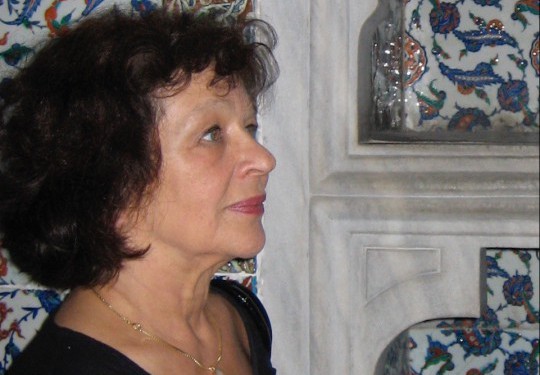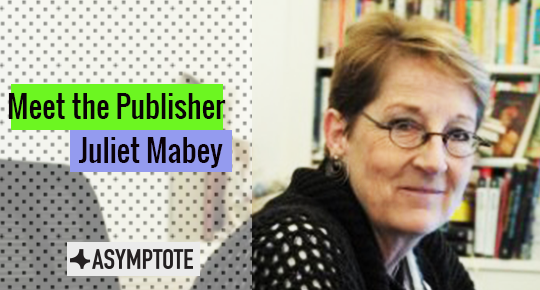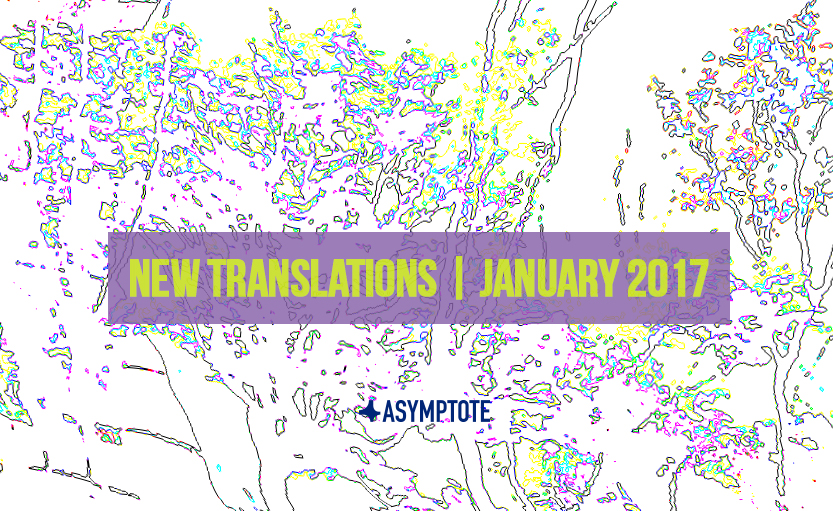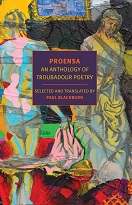Very quickly: two pieces of housekeeping news before our regular update! First, thanks to 84 backers, we’ve managed to raise $12,896 for our upcoming feature on the Muslim-majority countries banned by Trump, with 20% of funds raised donated toward the ACLU and Refugees Welcome. (This fundraiser has received coverage in The Bookseller and more will be forthcoming at The Chicago Review of Books and at the Ploughshares Blog. If you’re from a high-profile media outlet and would like to help us spread the word, please drop us a note!) The more we raise, the bigger and more comprehensive our April showcase can be; in fact, we’ve already launched our call for new work in response to Trump’s executive order (Deadline: Mar 15). Only 33 days remain to contribute to our fundraiser; don’t wait, make your stand against the #MuslimBan today!
Second, we’ve updated our ongoing recruitment call (deadline: Mar 17) to include two more positions: Assistant Blog Editor and Assistant Managing Editor. Check out all available volunteer positions here.
* * *
Poetry Editor Aditi Machado was recently featured in conversation with Jane Wong on LitHub. She also spoke on a panel with Pierre Joris, James Shea, and Jennifer Kronovet about ‘Translation as a Political Act‘ at the AWP Conference 2017.
Assistant Editor Alexis Almeida‘s translation of Roberta Iannamico’s Wreckage has been selected for publication in chapbook form by Toad Press. It will be released in late summer or fall of this year.
Slovakia Editor-at-Large Julia Sherwood‘s new translation of Balla’s award-winning novella In The Name Of The Father, co-translated with Peter Sherwood, has been announced as forthcoming from Jantar Publishing, scheduled for May.
UK Editor-at-Large M. René Bradshaw‘s review of Tennessee Williams’ The Glass Menagerie at the Duke of York’s Theatre, directed by John Tiffany, recently appeared in The London Magazine.
Chief Executive Assistant Theophilus Kwek has written an essay for the Stephen Spender Trust’s website on translation and displacement. He has also launched the second issue of his co-edited poetry journal, The Kindling, and published a new poem in Wildness Journal.
Indonesia Editor-at-Large Tiffany Tsao has published a translation of a poem by Norman Erikson Pasaribu in Cordite Poetry Review‘s special issue on “Confession”.
Chile Editor-at-Large Tomás Cohen has published poems in the most recent issues of Edit (Leipzig), and PARK (Berlin), in translation by the prize-winning poet and essayist Monika Rinck, a contributor in our Fall issue. Further poems of Tomás have been published bilingually in NOX, a journal for young literature from Hamburg.
*****
Read More Dispatches from the Asymptote Team!









